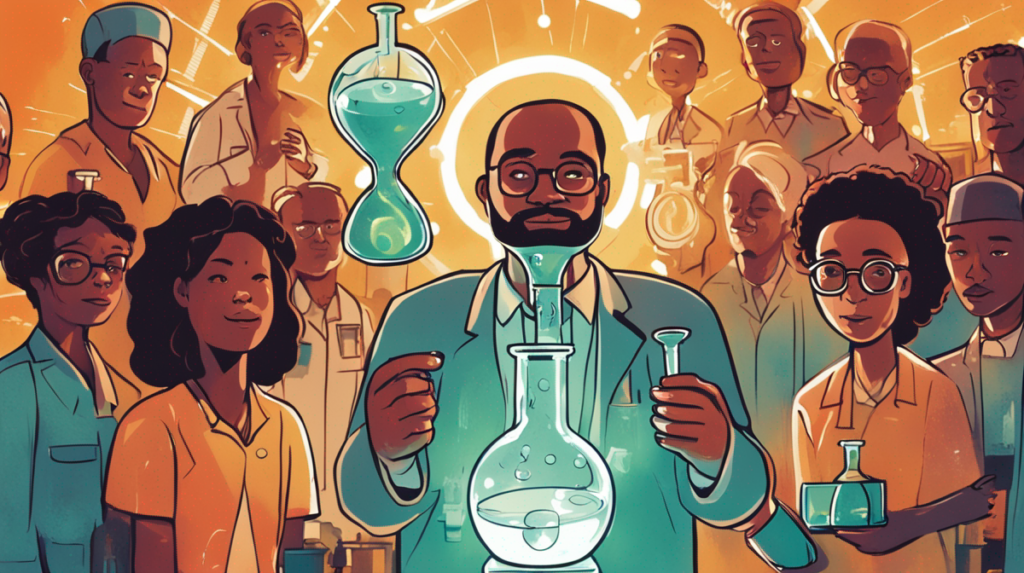
In the world of medical science, breakthroughs and advancements don’t just happen. They are painstakingly pieced together through years of research, hard work, and most importantly, clinical trials. Clinical trials lie at the very heart of medicine and pharmaceutical advancements, serving as the critical link between laboratory discoveries and life-saving treatments for patients worldwide. This article delves into the power of clinical trials, offering valuable insights into their role in advancing medical science.
The Role of Clinical Trials in Medical Science
Clinical trials are research studies involving human volunteers designed to answer specific health-related questions. They are the final step in a long line of research that begins in a lab—be it testing new treatments such as drugs, vaccines, or diagnostics, evaluating protocols, or exploring preventative strategies. The critical role of clinical trials in medicine and pharmaceuticals is to evaluate safety and efficacy, paving the way for global health improvements.
(Read Also: Unveiling Organ Transplantation: Deciphering Challenges and Unraveling Innovations)
The Evolution of Clinical Trials: Milestones and Achievements
Throughout history, clinical trials have been instrumental in propelling the medical world forward. From the first known trial in 1747 that unveiled citrus fruits as a cure for scurvy, to the landmark trials leading to the development of chemotherapy, HIV/AIDS medications, and most recently, COVID-19 vaccines—clinical trials have been the silent heroes behind such ground-breaking revelations.
Understanding the Process of Clinical Trials
A clinical trial typically has several phases, with each phase designed to answer a specific research question. Phase 0 involves the initial introduction of an investigational new drug into humans. Phase I trials aim to determine a drug’s dosage, how it is processed in the body, and its side effects. Phase II trials assess the drug’s effectiveness and continue the safety assessments. Phase III trials assess the drug’s effectiveness, monitor side effects, and compare it to commonly used treatments. Finally, Phase IV trials, conducted after the drug has been commercialized, provide additional information including the drug’s risks, benefits, and optimal use.
Controversies and Ethical Considerations in Clinical Trials
While the power of clinical trials is unquestionable, they are often shrouded in controversies—ranging from ethical concerns to matters of validity and reliability. There are ongoing debates about issues such as informed consent, patient safety, placebo use, and accessibility of trials to underrepresented populations. Despite these debates, it’s essential to note that clinical trials operate within strict ethical guidelines and are closely regulated to protect patient’s rights and wellbeing.
(Read Also: Understanding Vaccinations: The Science and The Myths Unraveled)
Participating in Clinical Trials: An act of global good
Participating in a clinical trial is not only a potential avenue to receive leading-edge treatment but also contributes to the global good. Participants play a direct role in helping scientists find better treatments, improve the health of the public, and advance medical knowledge.
In conclusion, clinical trials are a vital component of our healthcare landscape. As we continue into the future, their role in pioneering progress in medical science is set to soar. With constant advancements and more inclusive, ethical practices, the power of clinical trials will remain a cornerstone in the march of medical progress.
Last modified: 12 December 2023


















